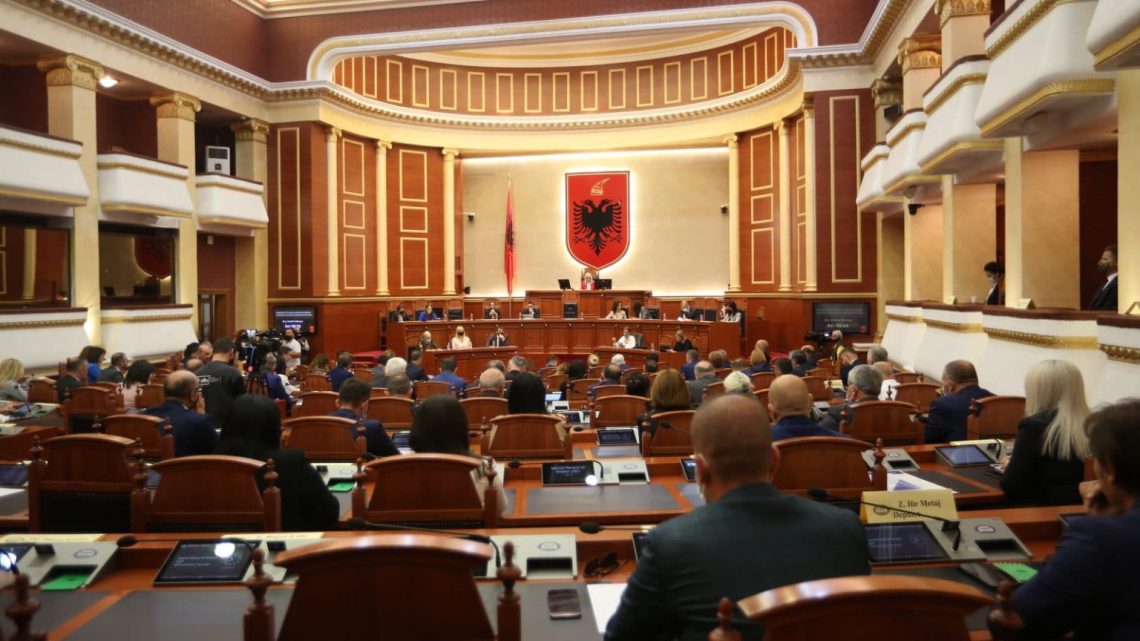Opposition refuses to assign members to Special Parliamentary Commission on Anti-Corruption

The members of the Anti-Corruption Commission, formally known as the Special Parliamentary Commission on the Deepening of Reforms on Good Governance, Rule of Law and Anticorruption, was ultimately assigned from the ranks of the Socialist ruling majority. The Commission will be chaired by veteran Socialist MP and former Minister of Justice Fatmir Xhafa, who previously played a key role in the justice reform.
Why is this relevant
Despite the boycott of the opposition, the ruling Socialist Government believes that despite the progress Albania has made in its fight against corruption in recent years, more must be done in order to fulfill the objective of joining the EU by 2030 and the Parliament must play a greater role in assisting in the effort.
The main objective of the Anti-Corruption Commission is the reform of all public and independent institutions in order to advance the fight against corruption which is one of the key conditions Albania must fulfill in order to advance on its EU integration process. The Socialists that have been in power for the past 11 years, believe that the Commission is necessary in order to intensify the fight, but also as a platform that can serve to unite all political actors in support of the fight. The opposition on the other hand seem reluctant to grant their Socialist opponents any credits in the fight against corruption and have refused to join. They have called the initiative superficial and have accused the Socialists of exploiting it as a façade behind which to hide their failures in the fight against corruption.
Special Commissions have been employed successfully in the past to enact difficult reforms, such as the justice reform, that has been one of the most successful reforms of a problematic justice system not just in the Western Balkans, but in Europe as a whole. The reform, undertaken with strong support from the US and EU, removed from the judicial system a large number of problematic judges and prosecutors and established new institutions, such as the Special Anti-Corruption Structure (SPAK) and the Special Anti-Corruption and Organized Crime Court (GJKKO) which have already investigated, arrested and brought to justice a considerable number of senior officials, mayors, ministers, members of parliament and even a former deputy prime minister, accused of corruption. Even the leader of the current opposition, former president and prime minister, Sali Berisha, has currently been placed under house arrest accused of corruption.


